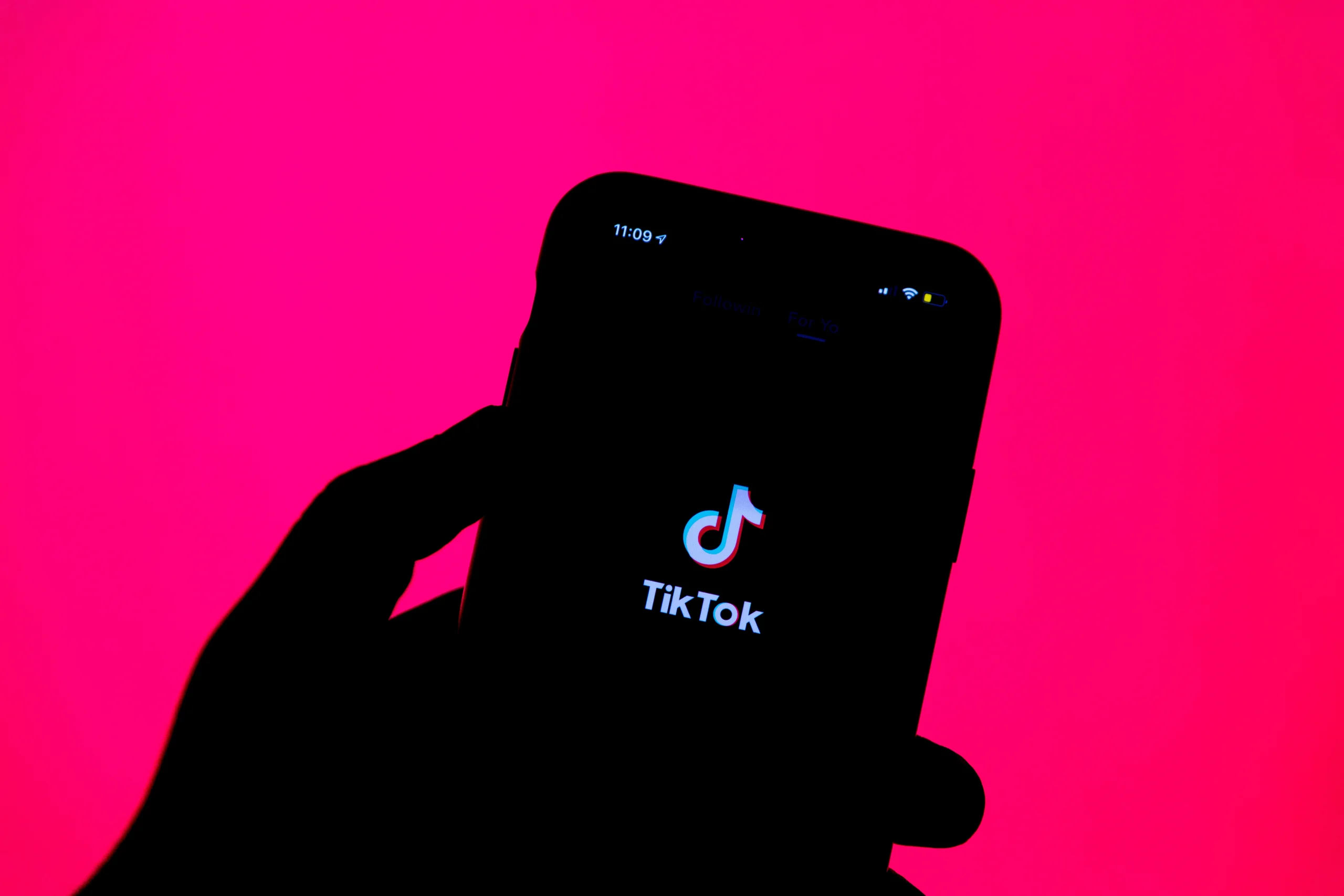
Image by Solen Feyissa, from Flickr
U.S. Justice Department And FTC Sue TikTok For Violating Children’s Privacy Law
Yesterday, the Justice Department and Federal Trade Commission (FTC) filed a lawsuit against TikTok and its parent company ByteDance, accusing them of violating the Children’s Online Privacy Protection Act (COPPA).
According to the complaint, TikTok continued to collect personal data from underage users. The company targeted ads to these users without notifying or obtaining consent from their parents, as required by COPPA. Despite policy changes, TikTok is accused of still maintaining and using children’s personal information unlawfully.
The complaint also alleges that TikTok allowed children to bypass age restrictions. Children could create accounts without providing their age or obtaining parental consent. These accounts were classified as “age unknown.” Even when children used the “TikTok Kids Mode” service, TikTok is accused of collecting and using their personal information in violation of COPPA.
The company is accused of collecting more data than necessary. This includes information about children’s activities on the app and various types of persistent identifiers. TikTok allegedly used this data to build profiles on children. The data was reportedly shared with third parties without notifying parents. Additionally, TikTok is accused of frequently failing to delete children’s accounts and personal information when parents requested it.
The complaint requests that the court impose civil penalties against ByteDance and TikTok and issue a permanent injunction to prevent future COPPA violations. Under the FTC Act, civil penalties can reach up to $51,744 per violation, per day.
Principal Deputy Assistant Attorney General Brian M. Boynton, head of the Justice Department’s Civil Division, stated on the department’s press release, “This action is necessary to prevent the defendants, who are repeat offenders and operate on a massive scale, from collecting and using young children’s private information without any parental consent or control.”
As reported by CNN, TikTok spokesperson Michael Hughes disputed these claims, stating, “We disagree with these allegations, many of which relate to past events and practices that are factually inaccurate or have been addressed, […] We are proud of our efforts to protect children, and we will continue to update and improve the platform. To that end, we offer age-appropriate experiences with stringent safeguards, proactively remove suspected underage users, and have voluntarily launched features such as default screen time limits, Family Pairing, and additional privacy protections for minors.”
Moreover, Reuters reported a TikTok spokesperson saying, “These filings ignore the fact that Congress passed the TikTok ban with no record supporting the government’s claims. Moreover, these filings do nothing to change the fact that the Constitution is on our side as the TikTok ban would violate the First Amendment rights of 170 million Americans who use TikTok.”
Despite TikTok’s defense, which claims improvements and safeguards to protect children, there are ongoing concerns about the platform’s compliance with COPPA. The case highlights these issues. The court’s decision could result in substantial penalties. It may also enforce stricter regulations to protect children’s privacy online.


 Previous Story
Previous Story

 Latest articles
Latest articles 

Leave a Comment
Cancel